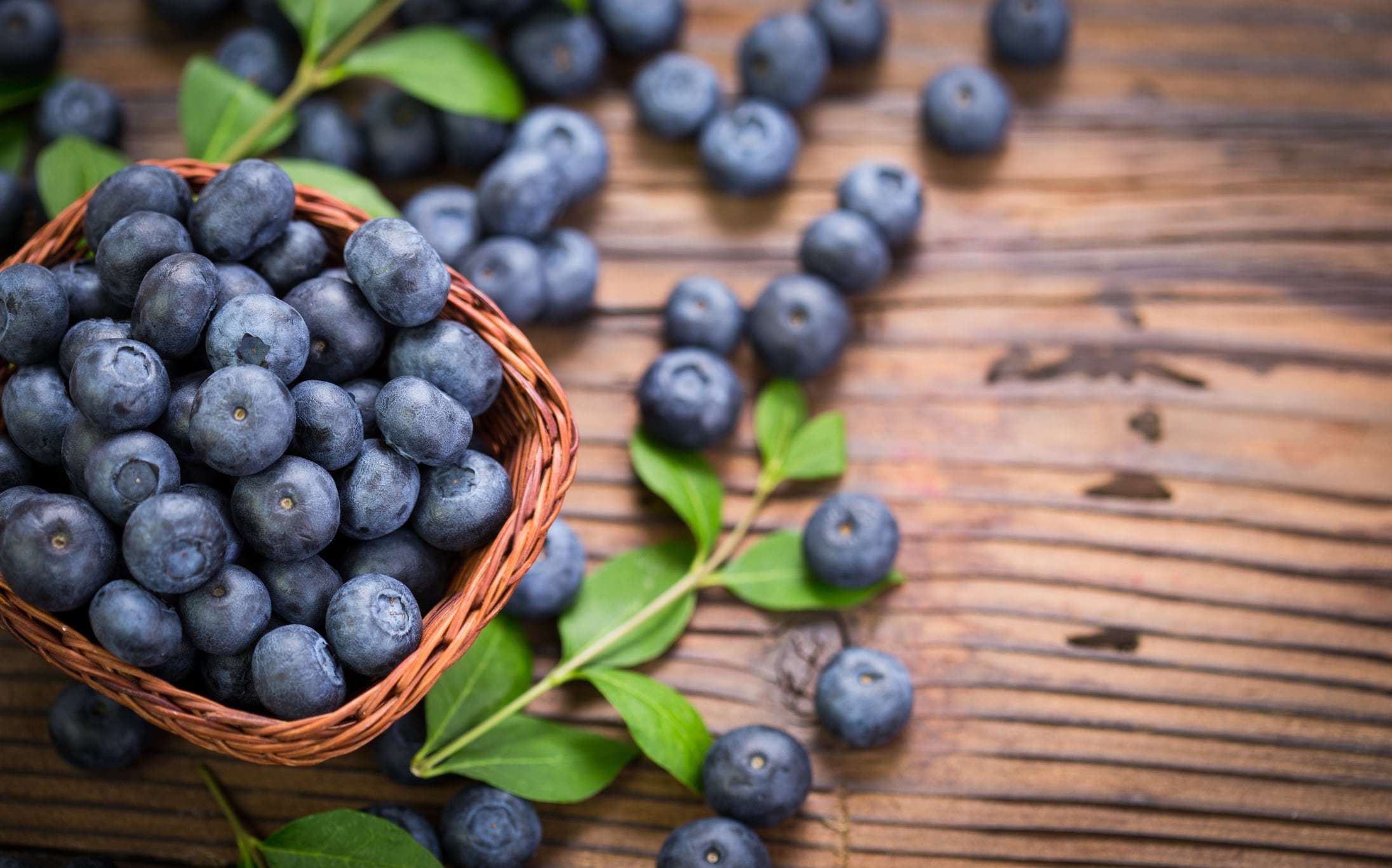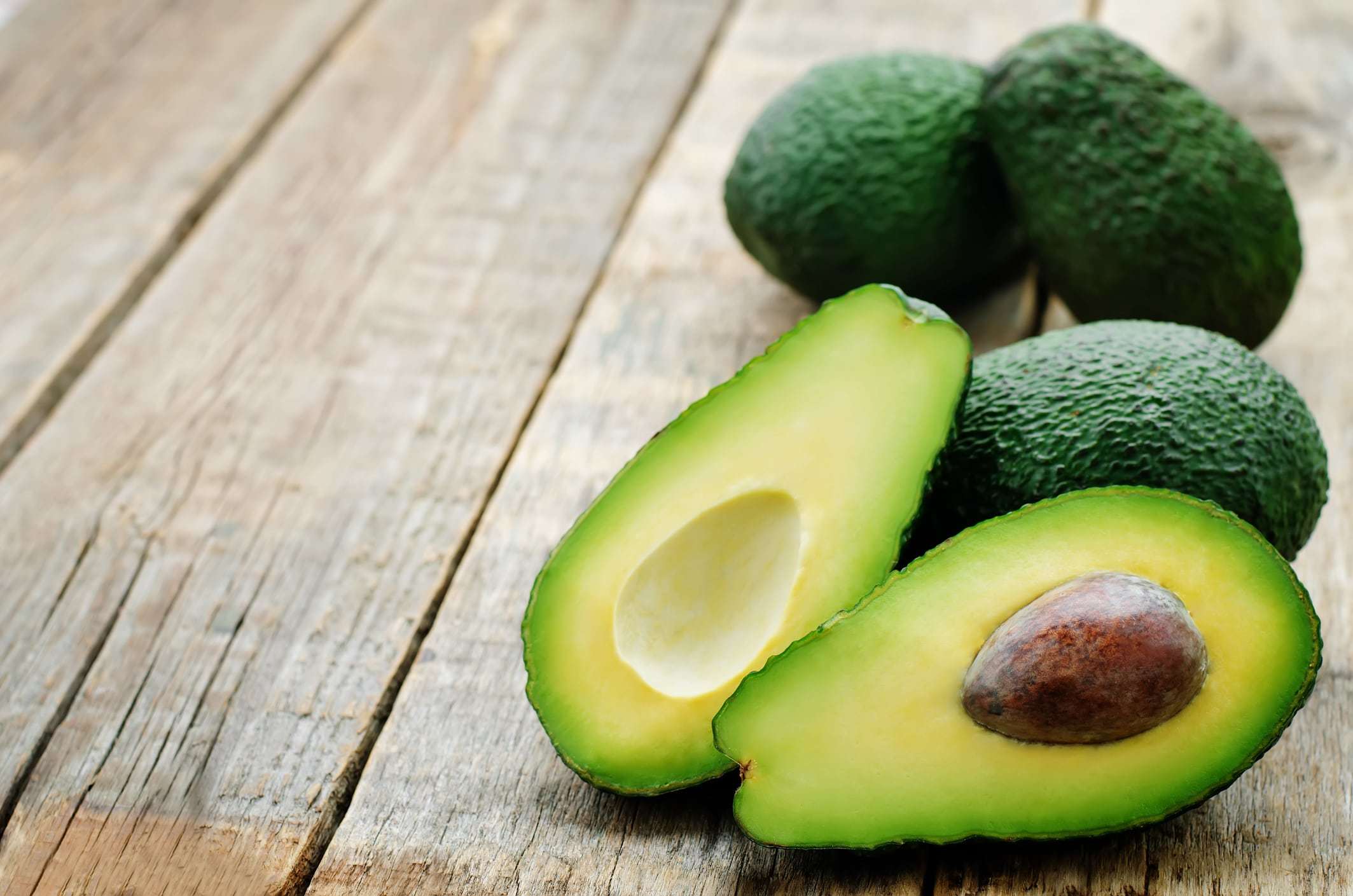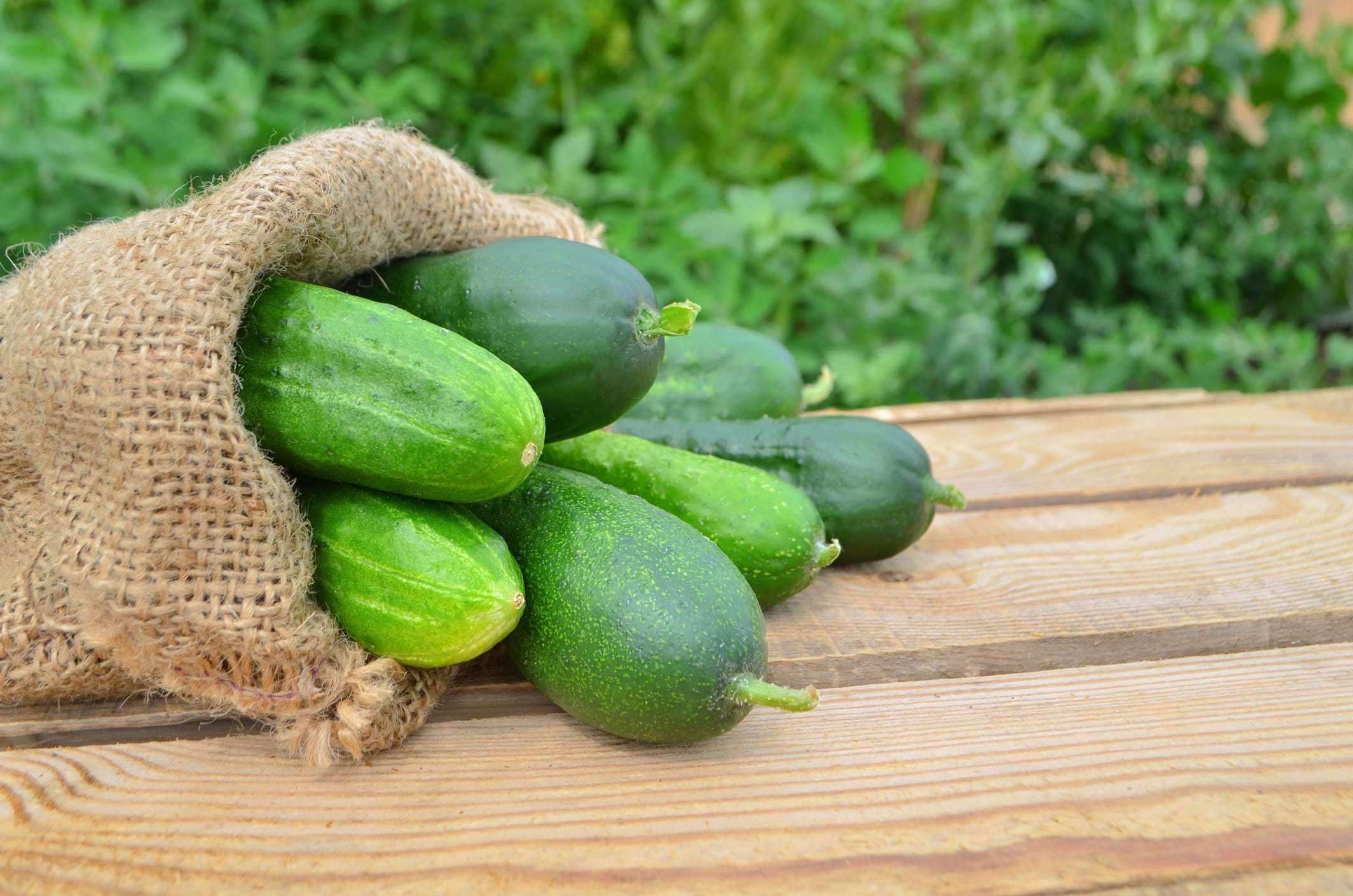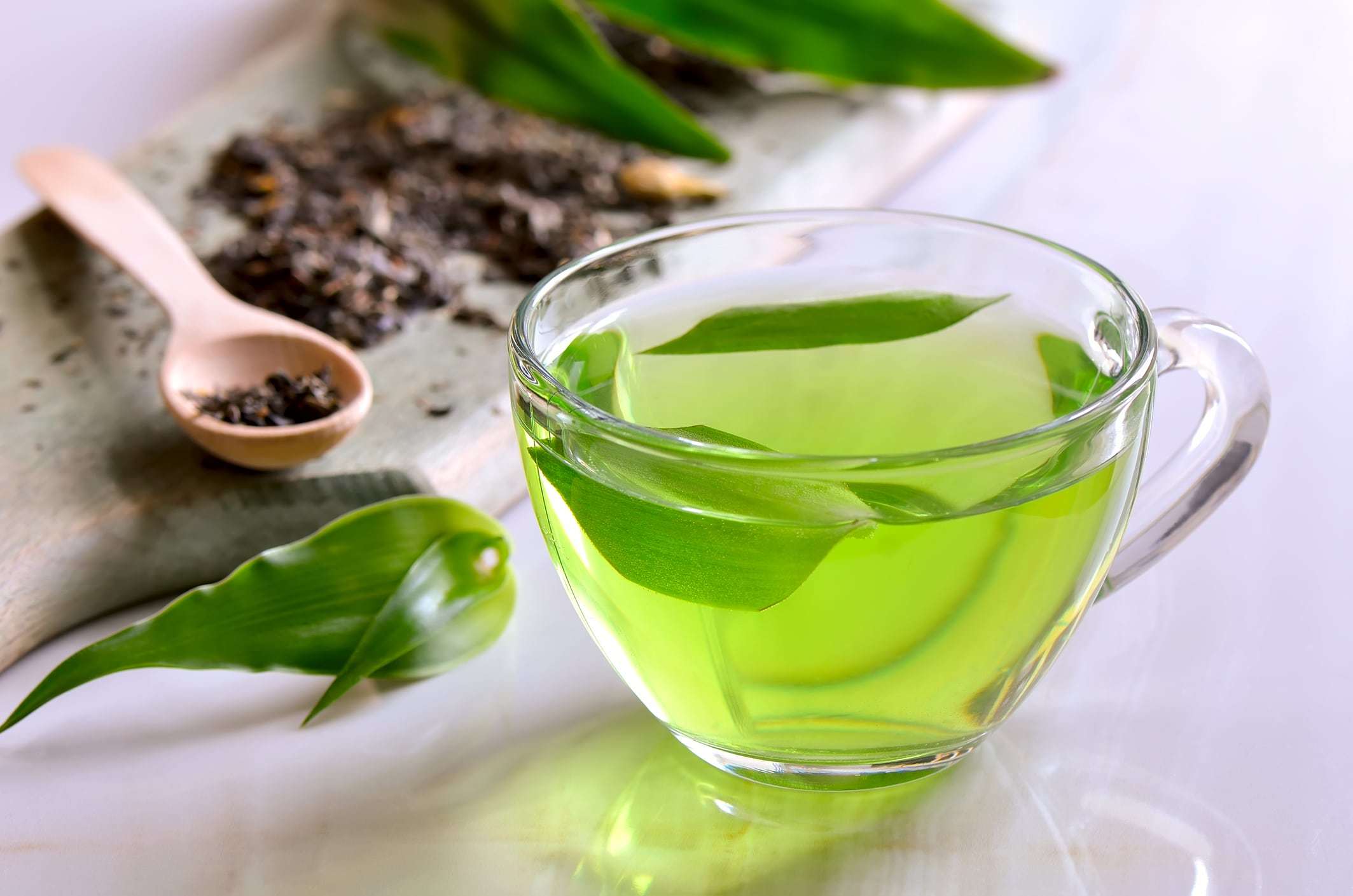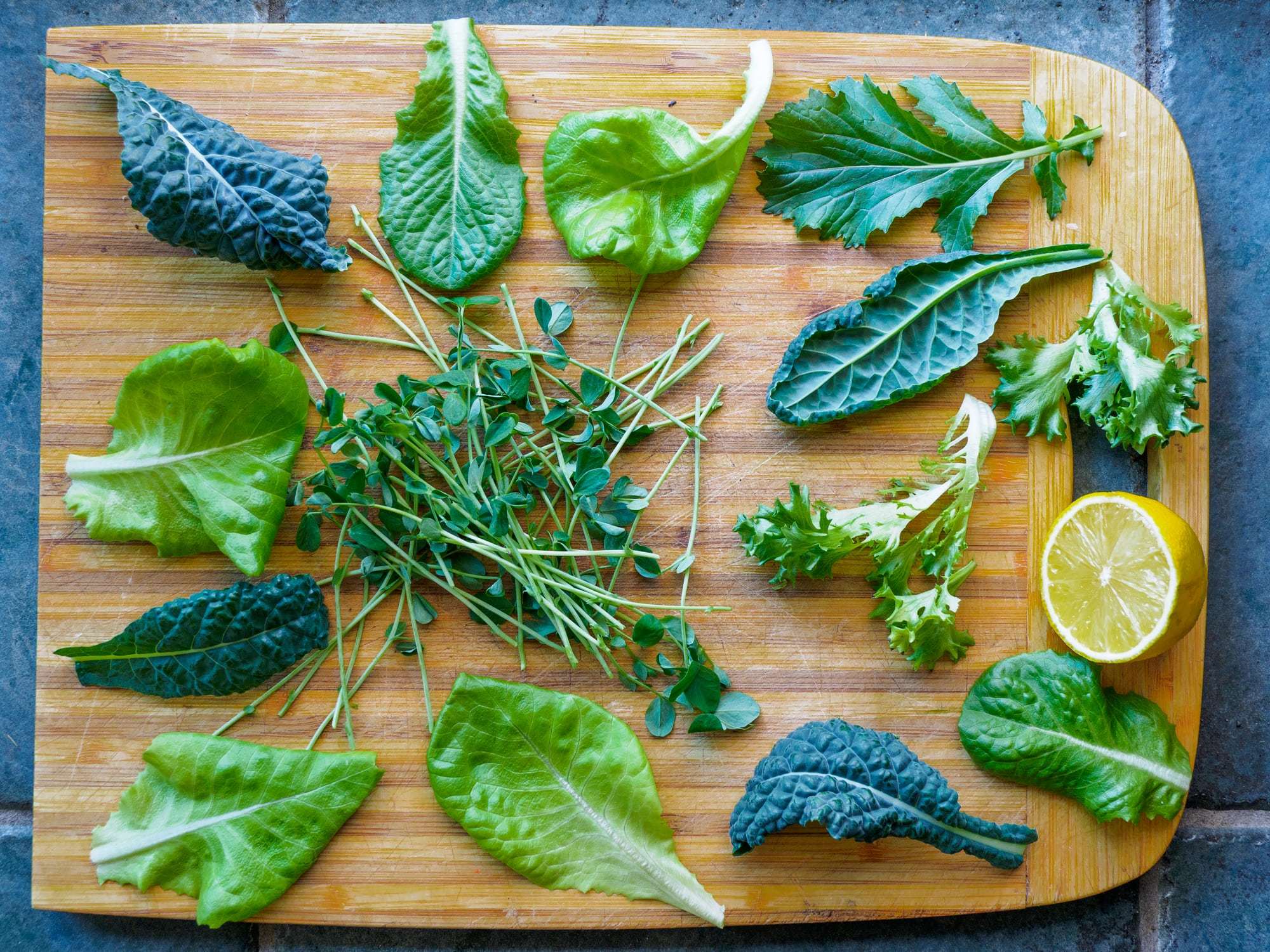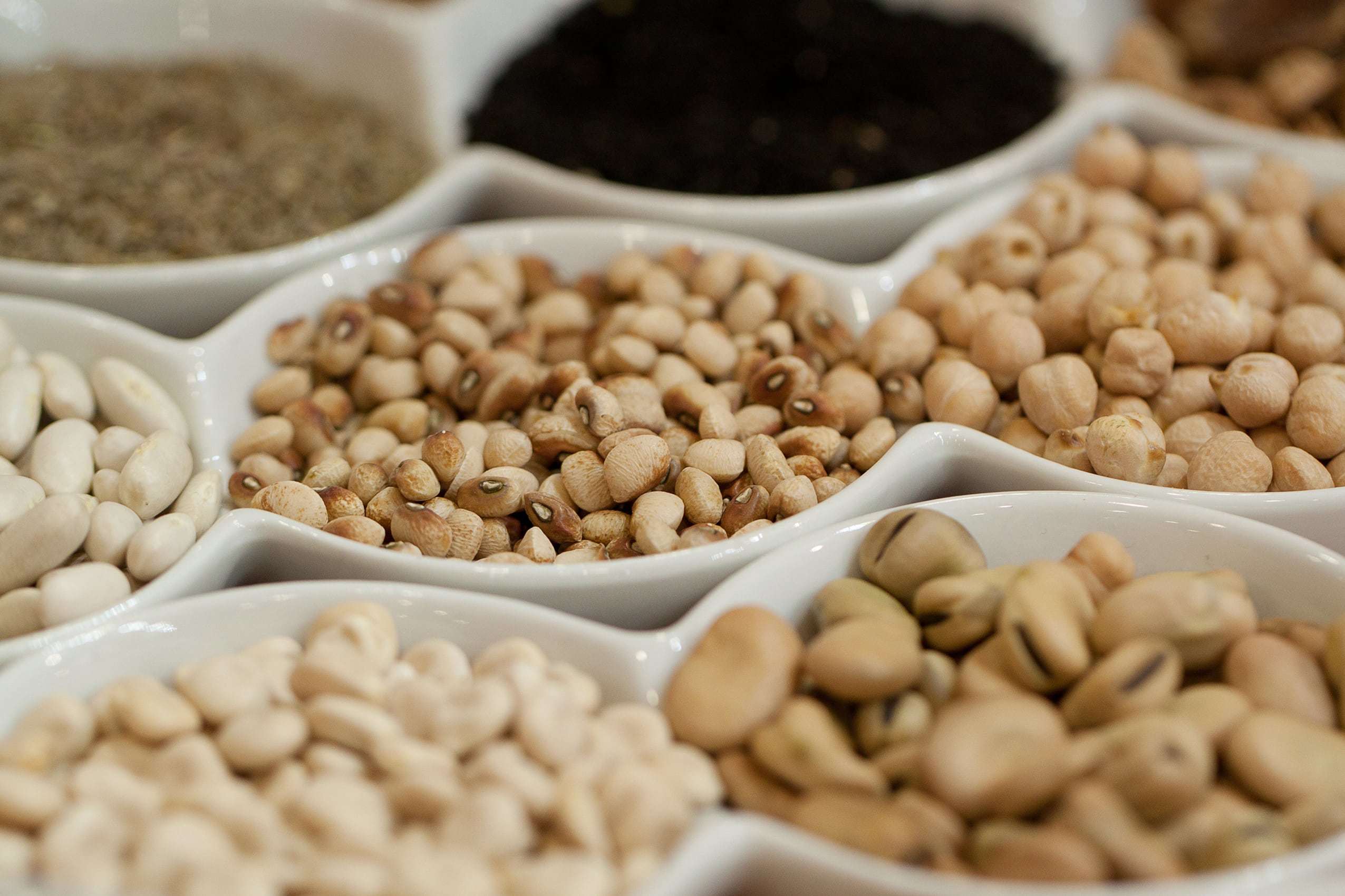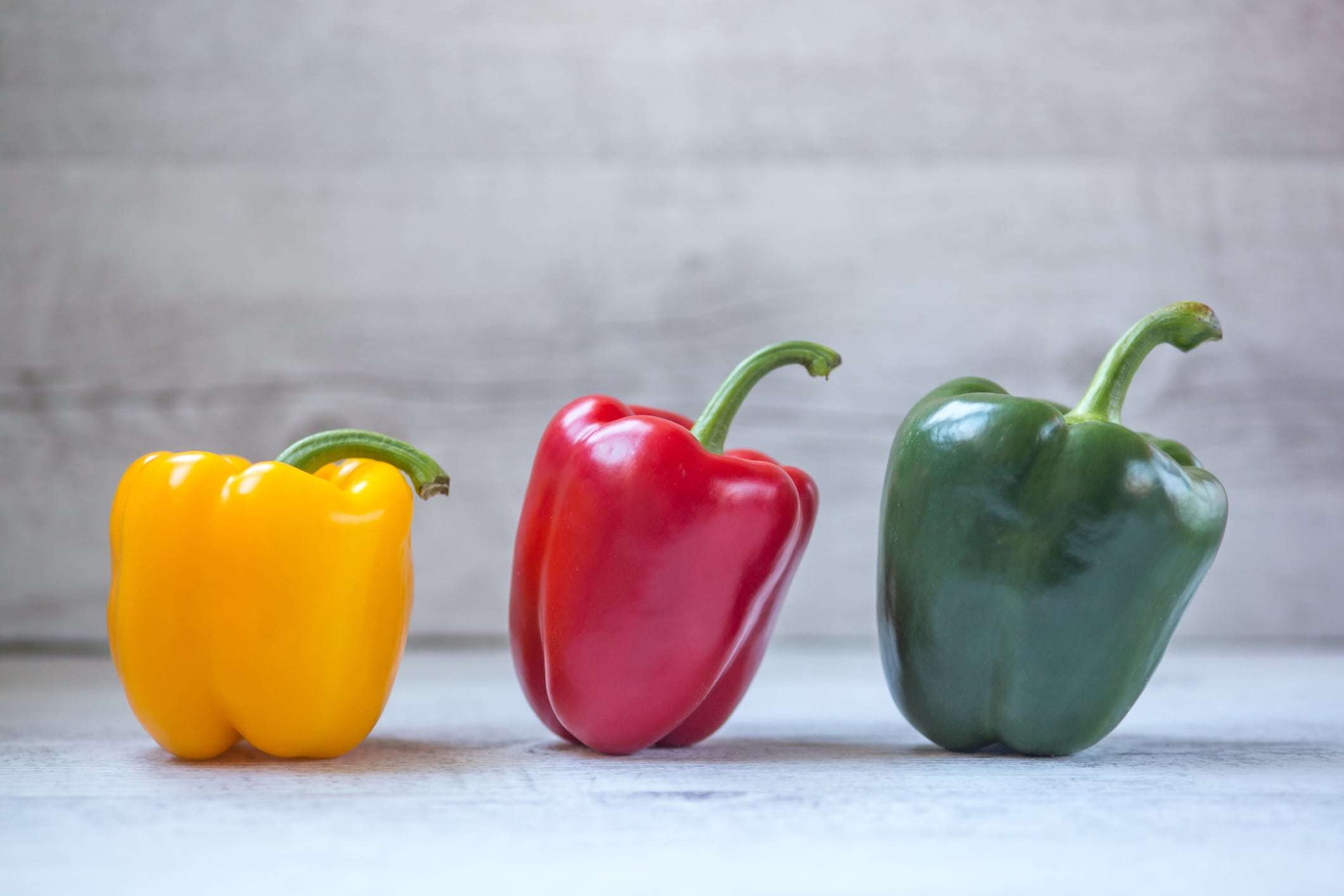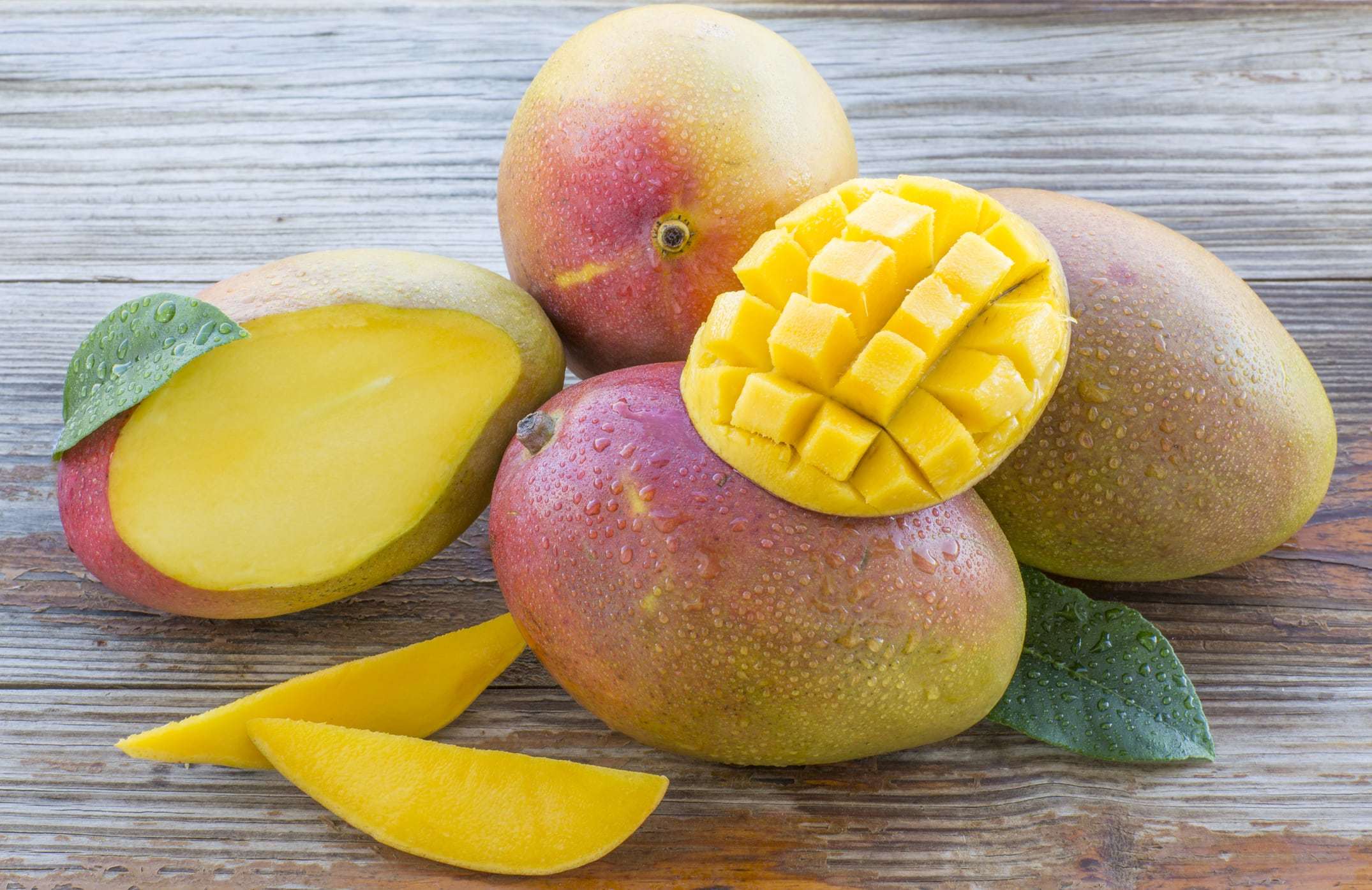Summertime is almost over so you need to take advantage while it lasts. Classic summertime foods like a slice of watermelon or a glass of iced tea are great choices to keep you healthy. Fruits and vegetables are in season during the summer months, so take advantage of this abundance of fresh produce. Increasing your fruit and vegetable intake will prevent the development of vitamin and mineral deficiencies. Fruits and vegetables also contain antioxidants that protect from heart disease, stroke, diabetes, cancer, and obesity. Add these 9 foods to your summer diet for ultimate health benefits and convenience: One serving of blueberries contains one-quarter of the recommended daily vitamin C needed to help support a healthy immune system. Polyphenols give blueberries their color, but help to keep your bones healthy. Blueberries also reduce the risk of: Avocados are versatile as they can be thrown onto salads, blended into dressings, or placed into burgers and sandwiches. Given that they can be used for almost anything they’re packed with: Half an avocado contains 15 grams of unsaturated fat. Monounsaturated fats improve cholesterol levels and reduce the risk of developing heart disease. Related Article: Can Fruits and Vegetables Boost Psychological Well-Being? Cucumbers are a great source of beta-carotene, potassium, and vitamins C, K, and B5. The nutrients and vitamins can help lower blood pressure and keep your skin hydrated. Nothing goes to waste as the entire cucumber, from the skin to the seeds, contains anti-inflammatory and anti-cancer benefits. Add cucumbers for flavor to your water or pair with hummus or Greek yogurt dip for a light snack. Swap out sugar-loaded soda for iced green tea. Green tea is packed full of antioxidants like blueberries, grapes, and pomegranates. Iced or hot green tea can help reduce the risk of: Studies have shown that drinking 2 cups of green tea daily may reduce the risk of developing certain cancers such as prostate, colorectal, and lung. Leafy greens are in season year-round. However, here are some that are best for the summer months: Leafy greens contain cell-protecting and repairing antioxidants such as vitamin C and A. They also contain protein, iron, and fiber. Their water content is high enough to keep you hydrated during the summer. Eat as many greens as you want because they’re low in calories, sodium, and are cholesterol-free. The daily recommendation for beans and legumes is at least 3 cups. However, Americans are barely consuming 1 cup per week. Beans and legumes include: Beans and legumes contain high levels of soluble fiber. Soluble fiber is associated with heart health, lower cholesterol levels, blood sugar regulation, and weight loss. Bell peppers are low in calories, high in vitamins, and are a colorful addition to a salad. One-half of a cup of bell peppers is only 20 calories, but contains more than 230% of your recommended daily vitamin C intake. Bell peppers contain carotenoids, which are associated with reducing the risk of cardiovascular disease, macular degeneration, and some cancers such as lung and prostate cancer. Suggested Article: 4 Downright Impressive Health Benefits of Coconut Oil Mangoes are a popular summer fruit that are high in vitamins A and C. These vitamins contribute to a healthy immune system and improved eyesight. Their high fiber content can help you feel fuller for longer and their low calories and sodium will make this sweet fruit a guilt-free indulgence. Eating mangoes can help reduce body fat, sugar levels, and contribute to heart health.
Blueberries
Avocados
Cucumbers
Green Tea
Leafy Greens
Eat THIS…and get your daily dose of Vitamins and Minerals INSTANTLY >>>
Beans and Legumes
Bell Peppers
Mangoes
